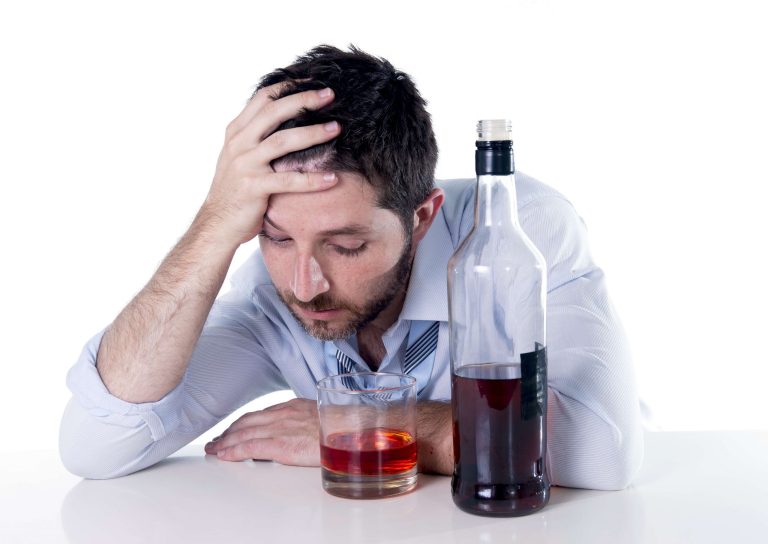Rosacea is an inflammatory condition that is made worse by drinking alcohol, particularly red wine. Drinking alcohol raises the chances of a flare-up because it is an inflammatory disorder. Alcohol dehydrates the skin, and while long-term dehydration can have stubborn effects, you can rehydrate quickly after drinking alcohol with some simple strategies. Alcohol consumption can have a profound effect on overall health, impacting almost every part of the body in some way. Some of its effects, such as cognitive impairment, high blood pressure, and liver damage, are quite well known. Because you need water for almost every bodily function, including blood circulation and lubricating joints, you may feel the effects of aging more intensely if you drink regularly.
- Even moderate drinking can have noticeable effects on some individuals.
- Alcohol may stimulate the release of histamines, which can cause the blood vessels under the skin to dilate.
- Drinking any kind of alcoholic beverage can impact your skin’s health and appearance, so it’s not possible to avoid skin issues simply by switching your drink of choice.
Collagen Chaos

Our dedicated team is committed to helping individuals regain their health, confidence, and sobriety in a supportive and private environment. Clients will be medically monitored under 24/7 supervision as they go through withdrawal symptoms. Some studies suggest that wine consumption may even lower mortality rates. But there is not enough evidence to suggest that this theory is true. This is especially true since drinking too much alcohol has many dangerous side effects. It also dilates blood vessels, which can give your skin a flushed appearance.
Poor Skin
This is mostly due to the way alcohol affects collagen production and triggers inflammation within the body. When you’re dehydrated, that can show up on your face in https://dev-fiazsoomro.pantheonsite.io/2022/06/14/children-of-alcoholic-parents-2/ the form of dry, flaky skin, more visible signs of aging, or flare-ups of skin conditions like psoriasis and eczema. In addition, excessive drinking can impair judgment and decision-making abilities, leading to risky behaviors that can have long-term consequences on your overall health and well-being. These behaviors, combined with the direct effects of alcohol on your brain, can contribute to accelerated aging. When your liver cannot effectively metabolize alcohol, toxins accumulate in your body, leading to oxidative stress and inflammation. In turn, this contributes to cellular damage and accelerates the aging process.

FAQ 8: What lifestyle changes, besides reducing alcohol intake, can help maintain youthful skin?
- With time, this leads to loss of skin tone and a permanent red color.
- There was no statistically significant association of drinking alcohol with skin wrinkles, texture, pores or erythema.
- In fact, in the alcohol drinkers, 53% were in the highest wrinkle category.
Binge drinking—consuming four drinks for women or five for men in a drug addiction treatment two-hour span—is even more damaging than when the same number is spread out over the week. While the exact treatment plan for rosacea will depend on the individual’s symptoms, various treatments are available to help control the symptoms and prevent the condition from worsening. Consulting with a dermatologist is essential to receiving an accurate diagnosis and developing an appropriate treatment plan. By giving your body a break from alcohol consumption, you allow it to rejuvenate and replenish itself, resulting in a fresher and more vibrant complexion.
One of the most common is dry skin, which happens when your sebaceous glands (which help create natural oils that keep your skin hydrated) slow down due to regular drinking does alcohol age your face habits. Our experienced team at Ardu’s drug and alcohol rehab specializes in assisting people to achieve healing and regain wellness in body, mind, and spirit. Booze also irritates delicate electrical pathways in the heart which are responsible for keeping heartbeat steady and coordinated.





